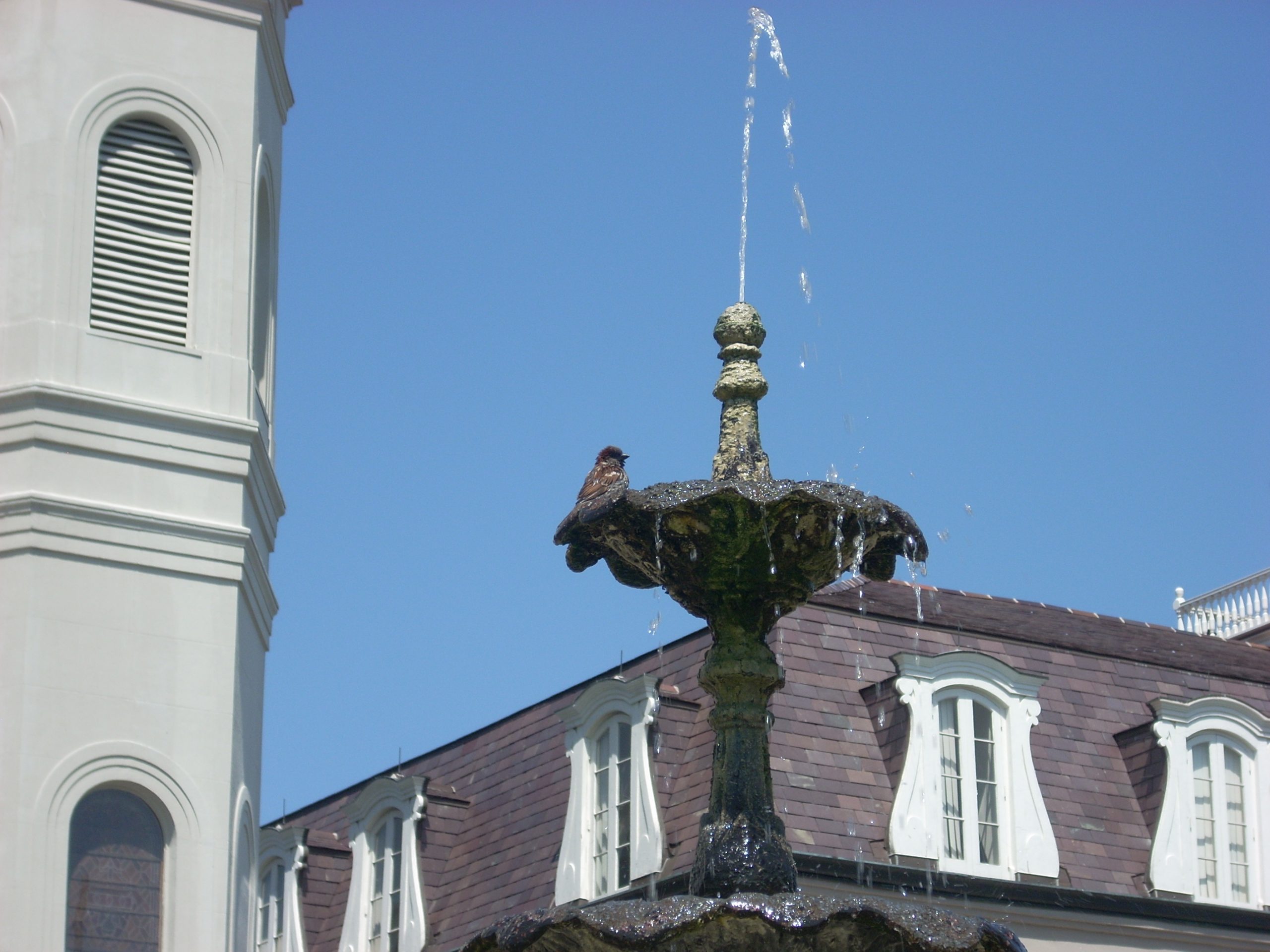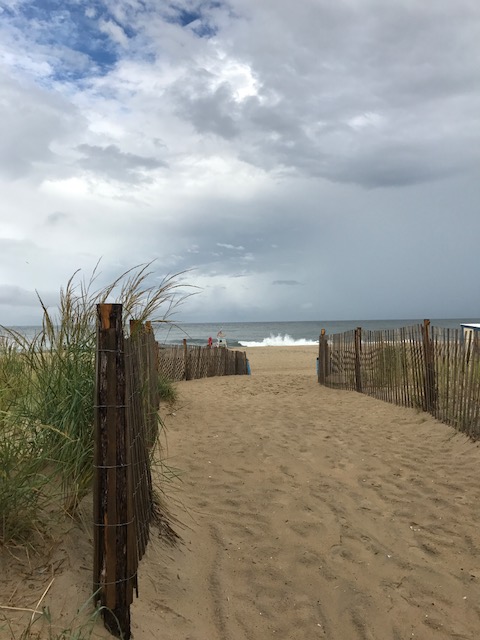
While the premodern craftsman typically only made a product when it was requested and tended to custom make each item, mass production processes called for uniformity of product and for interchangeable parts. The new emphasis on uniform production and marketing and sales set the stage for new organizational roles that were not directly connected to the production process. These non-production roles in marketing, sales and production control were soon complimented by another set of organizational roles—those associated with the overall coordination of organizational functions. These roles (called “management”) soon came to dominate the culture of the modern organization and provided much of the leadership for 20th Century organizations. Thus, the industrial and commercial revolutions produced yet another revolution: the Managerial Revolution.
Postmodern Societies
The new social structures into which the more privileged people of the world are moving offers a remarkable mixture (hybrid/pastiche/mosaic) of the premodern, modern and postmodern. New communities are being formed that in some ways resemble the premodern villages of olden times—yet these new communities are formed around electronic communication systems and the new digital economies of the 21st Century. We are returning to bartering systems, but are now negotiating exchanges over the Internet rather than down at the Town Square. The big businesses of the modern era continue to exist, but are now competing or cooperating with the small e-commerce businesses of the postmodern world. We are returning to premodern rituals and spirituality, while proclaiming our modern-day independence from superstitions and dependence on science and technology. In a futuristic image offered by David Gelernter in Mirror World, the new world will be one in which the premodern sense of an intimate community is interwoven with postmodern technology:
Imagine that when you are in town, the town is aware of your presence, and of who your friends are and where they are. You may be driving along and be told that someone you haven’t seen for a while is having coffee just over there (and there is a parking space out front, too!) Simple things like this may begin to restore the human scale to our now-so-large cities.









